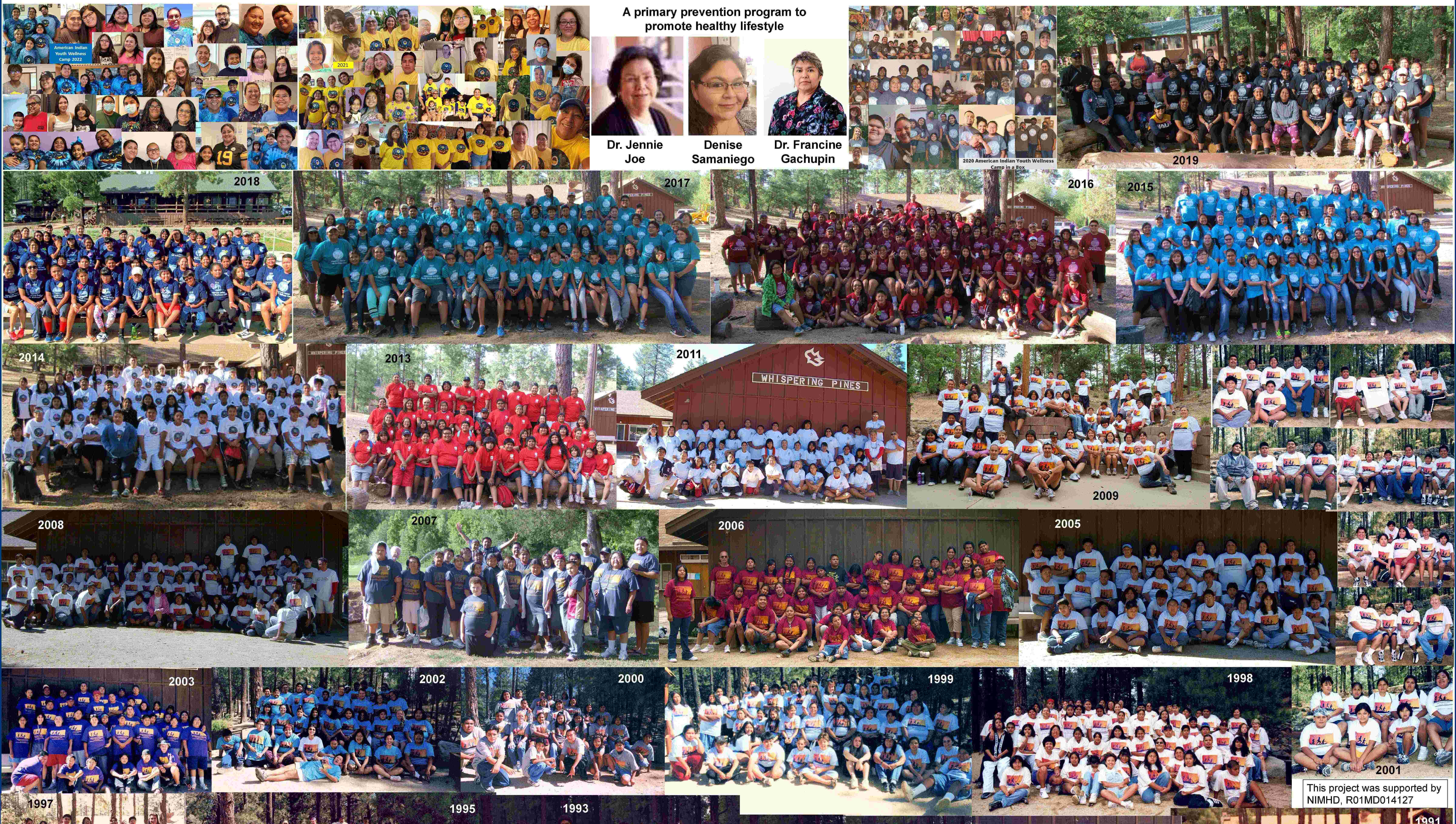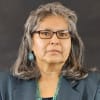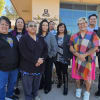Thank you!!
Our 2024 crowdfunding campaign has come to a close and send our heartfelt gratitude to all our generous donors. Please know that your commitment to our program is greatly appreciated. We wish you and your family many returns and blessings!
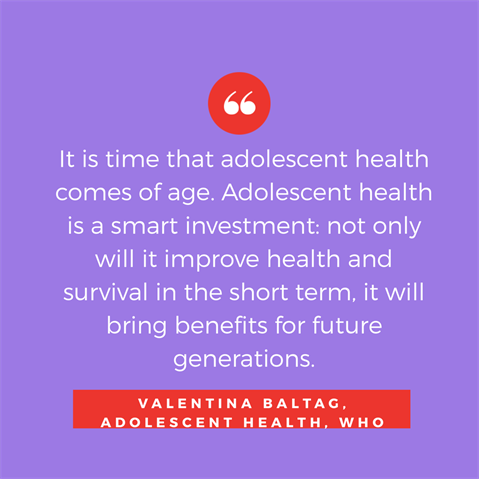
World Indigenous Cancer Conference, March 17-19, 2024
A dramatic increase in obesity in the United States has occurred over the past 25 years and rates remain high. Approximately 19.7% (or 14.7 million) of children and adolescents aged 2-19 years are obese. Research has shown excess weight and lack of physical activity among youth may lead to unhealthy behaviors in adulthood, which can increase risk of cancer later in life.
Obese children are also likely to become obese adults and experience increased risk for:
• Stroke
• Diabetes
• High blood pressure
• Cardiovascular disease
• Cardiometabolic diseases
Although cancer has been considered a distinct spectrum of disease, increasing evidence supports the importance of metabolic disturbances in the cause of cancer. Early prevention is key, especially among Native youth.
In Arizona, six cancers are associated with being overweight and obese:
• Gallbladder
• Kidney
• Liver
• Ovarian
• Stomach
• Uterine
Primary prevention efforts are key and we are proud to present our ongoing work, which you are supporting as a donor, at the World Indigenous Cancer Conference.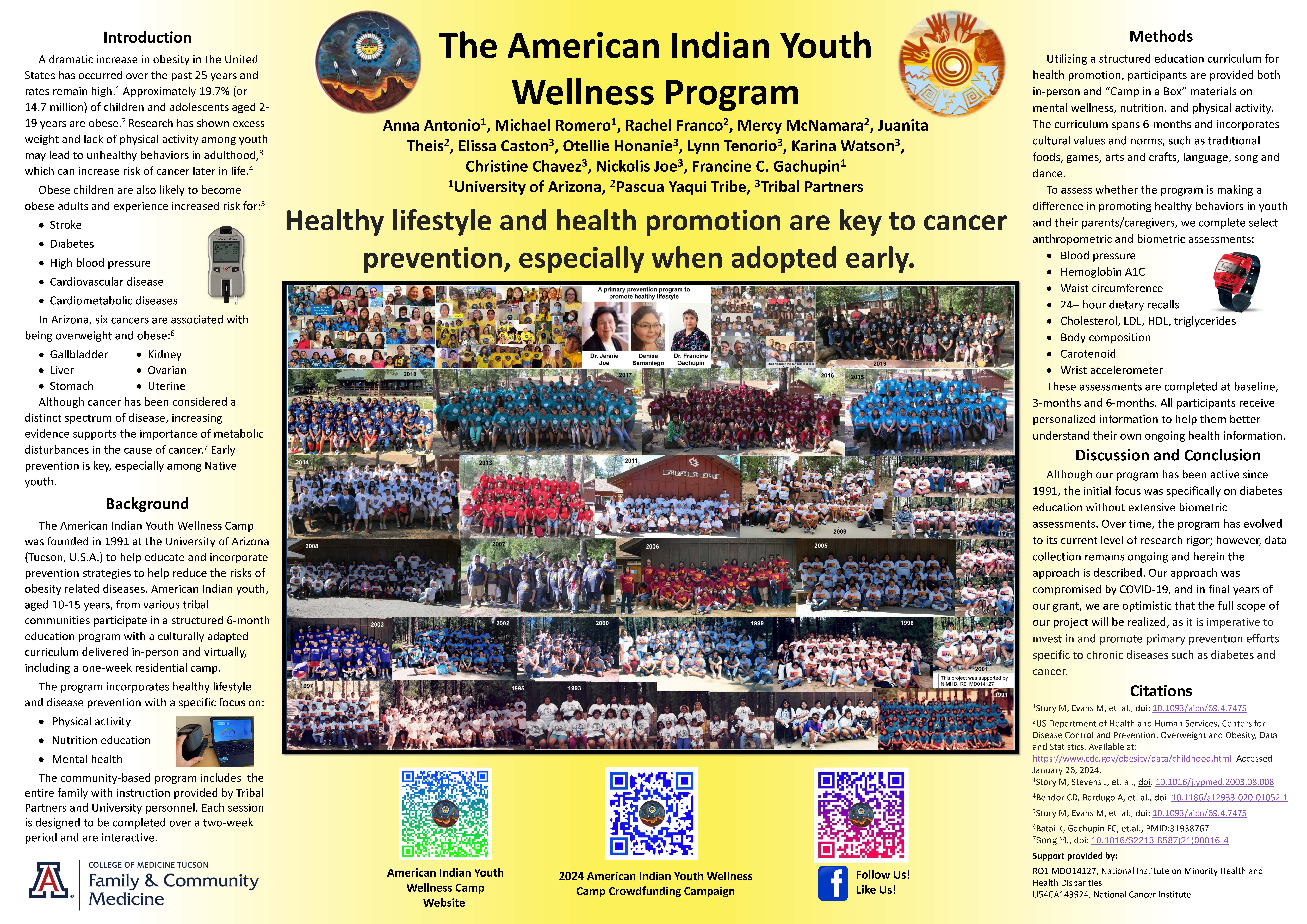
March is National Nutrition Month!!
Nutrition is an important part of our overall health and development, especially for kids who are growing. March is National Nutrition Month, a pivotal time to reflect on the foods, meals, and habits that shape our health and wellness journey. Nutrition education is an integral part of our camp program.
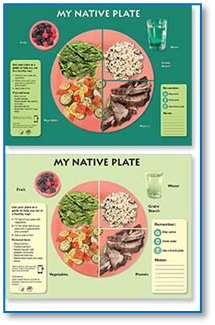 Our camp nutrition curriculum covers topics such as reading food labels, incorporating fruits, vegetables, and whole grains into our daily diet and limiting foods that may increase our risk for chronic diseases, such as high blood pressure, high blood cholesterol, diabetes or heart disease.
Our camp nutrition curriculum covers topics such as reading food labels, incorporating fruits, vegetables, and whole grains into our daily diet and limiting foods that may increase our risk for chronic diseases, such as high blood pressure, high blood cholesterol, diabetes or heart disease.
We also learn about the impact that saturated fats, salts, and sugar have on our bodies and the importance of eating healthy nutrient rich foods.
Topics discussed help participants to explore the grocery store set up for optimal healthy shopping, learning to incorporate meals on the run, meals on a budget, and help with meal planning as a whole family.
Exercises using My Native Plate help to guide families on what a well-balanced meal can be, giving examples of the correct portion size and diet quality. We also encourage families on trying healthy new snacks and foods while incorporating traditional foods found locally.
Cooking videos are also made available for meals that are budget friendly and timely.
Our goal is to support participants and their families by incorporating some of these concepts into their everyday lives. If you have donated, thank you for supporting our nutrition education activities.
If you have not donated, please know no contribution is too small. Each donation helps our disease prevention efforts!
Scan the QR code for a quick cooking lesson on no bake peanut butter bites! Yummy!
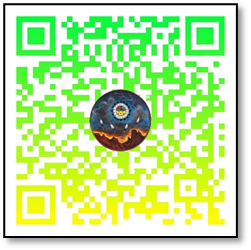
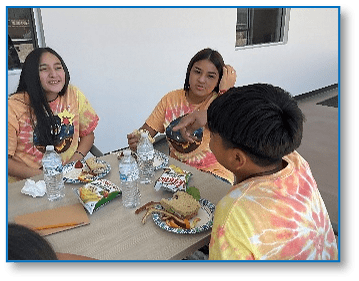
Importance of Being Physically Active
Incorporating a daily physically active lifestyle from an early age has lifelong benefits, this includes helping to prevent cardiovascular diseases, Type 2 Diabetes, high blood pressure, and reducing risks of cancer while improving mental health, better quality of sleep and reducing risk for obesity.
Being physically active also helps support brain health and cognitive development, which can reduce the risks of depression, anxiety, stress, and help improve concentration and thinking skills such as, attention and memory. Other areas that are supported by increased daily physical activity include: improving fitness, healthy growth, development of joints, strengthening of muscles and bones, building self-confidence/self-esteem, and improved social skills.
Incorporation of gross motor skills, use of big muscles, such as walking, running, throwing, lifting, kicking, etc. will help in supporting the fine motor skills like balance, coordination, and strength. It also improves cardiovascular health and helps develop heart and lungs. Youth should aim for at least 60 minutes a day of moderate to vigorous intensity each day, which will increase breathing and heart rates.
Any activities that get youth up and moving are beneficial! Examples can include running, dancing, hiking, walking, swimming, biking, weightlifting, yoga, or martial arts.
Ways adults can help to support youth being physically active daily:
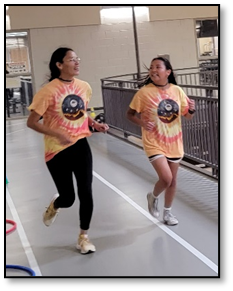 Help get youth to where they can be active, such as public parks, pools, walking/hiking trails, or community wellness centers.
Help get youth to where they can be active, such as public parks, pools, walking/hiking trails, or community wellness centers.- Encourage youth to try different activities and sports.
- Provide the equipment youth will need such as a ball, baseball mitt, frisbees, jump ropes, basketballs, etc.
- Ask youth their opinions about activities that are fun and things they like or would like to try.
- Brainstorm together and try together!
Most of all, the activities should be fun and don’t forget to praise and encourage your child when they are being active!
Promoting Youth Health and Well-Being
Physical, mental, emotional, and social health are all equally important and contribute to our overall well-being. It is important that parents, educators, and caregivers foster all four in youth from an early age.
Here are five practices that parents, educators, and caregivers can adopt to improve children's well-being:
1. Physical activity
Exercise and physical activity are essential for everyone, including children. Exercise has been shown to improve mood, reduce stress, and improve sleep. Playing outside in the fresh air, playing sports, and getting exercise are critical for a child's physical, social, and emotional development.
2. Technology time
While screens are more available to children than ever, the American Academy of Pediatrics (AAP) recommends avoiding screens altogether for children younger than 18 to 24 months, except when video chatting with family. The AAP also recommends limiting screen use for preschool children, ages 2 to 5, to just one hour a day of high-quality programming. Setting clear and consistent guidelines from an early age makes it much easier to reinforce these limits with school-age children. Use the timers embedded in the technology to make it easier for children to know when their time is up and consider designating media-free times together (such as during meals and when in the car) as well as media-free locations at home (such as bedrooms).
3. Foster positive relationships
Developing positive relationships with others is very important for children's well-being. The benefits of time spent with friends and family are numerous. This is how children learn to listen, share, compromise, and develop their conflict resolution skills. Fostering and maintaining strong relationships is critical to mental and emotional health – as a child and as an adult
4. Sleep
Sleep is when your child's brain and body rest and recharge for the next day. Ensuring your child gets enough sleep each night is one of the most important practices you can develop as a parent. It is never too late to establish a bedtime routine. You might include a bath, reading a story, or listening to quiet music. Turning off all technology one or two hours before bedtime will allow your child to unwind, relax, and prepare for sleep.
5. Build resilience
Resilience helps us get through life's hardships and learn and grow along the way. The ability to learn from mistakes and accept feedback, be persistent, and not give up easily will help maintain positive well-being in children and teach them valuable skills for adulthood. The act of “letting go" is one of the best ways to maintain a healthy well-being.
To learn more visit, https://www.ors.od.nih.gov/pes/dats/childcare/Pages/index.aspx.
The American Indian Youth Wellness Initiatives includes education and interactive activities around these topics. Your contribution makes all this possible; THANK YOU!
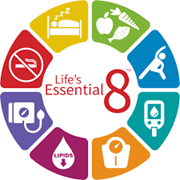
$25
Support Self-Care!
Provides hygiene items (shampoo & conditioner, soap, toothbrush & toothpaste, hand sanitizer and sunscreen) for each camper.
$40
Culture Builds Resilience
Provides arts & crafts materials (paints, paint brushes, canvases, clay), gardening supplies (seeds, soil, pots and stakes) and more!
$55
Incentives for Change!
Each camper receives a jump rope, Frisbee, a choice of basketball, dodgeball or football, a Camp t-shirt and a water bottle.
$80
Eating Healthy Everyday
Covers lunch and healthy snacks for one camper for five days.
$150
Family Food Boxes
Provides staples (beans, rice, pasta, sauces, nut butter) to offset food insecurity for participating families (2 - 10 persons per household).
$400
Sponsor a Camper!
Covers all costs for one youth to participate in our one week residential camp. The residential camp kicks off our six month intervention with fun activities and structured learning in the Prescott mountains.
$700
Looking Ahead
Your contribution helps with sustaining engagement with families to provide health education and outreach.
$1,000
The All Inclusive!
Support a camper for the entire six months by helping us with curriculum printing, materials, supplies, shipping and ongoing follow-up.
$1,500
Fund A Student's Future!
Provide financial support for a Native summer student to learn about research methods, tribal community networking, youth mentoring and results dissemination in a culturally respectful manner.


